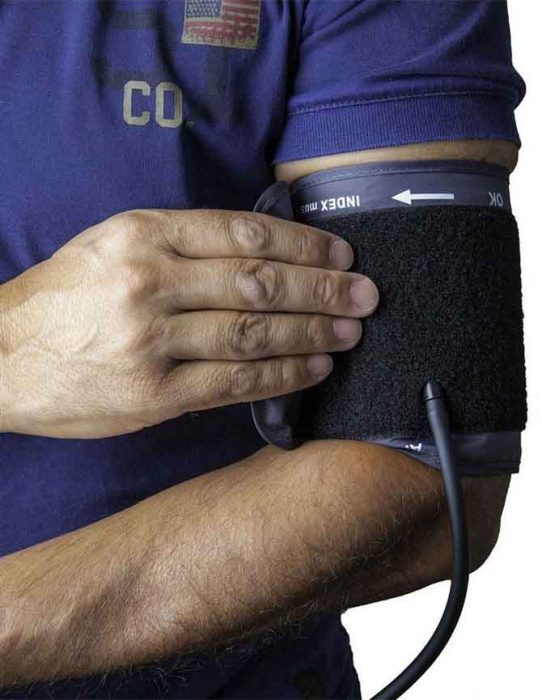DIALYSIS CENTRE
According to the Global Burden of Disease study, non-communicable diseases (NCDs) are responsible for the deaths of 38 million people in 2013. 82% of people with non-communicable diseases live in poor and middle-income countries (LMICs).
It is estimated that by 2030, the total burden of non-communicable diseases (NCDs) will overcome the burden of combined death of infectious diseases, maternal, perinatal, and nutritional disorders. The average life expectancy of people is increasing, with the burden of diseases of NCDs. In most cases it is seen that a person is suffering from more than one non-communicable disease. In addition to the mentioned burden, NCDs are a significant financial burden.
In developing countries like Bangladesh, common NCDs are Heart diseases, Diabetes, Hypertension, Chronic Kidney Disease, Cancer and Chronic respiratory disease (COPD). Due to the increase in the incidence of these diseases, it is becoming more burdens in the future. This rapid increase in non-communicable diseases is puting intense pressure on the health system of the underdeveloped country and poverty is rising in the family.
Accrding to International Society of Nephrology, there are 10 to 15 million chronic kidney disease (CKD) patients in Bangladesh. This is a major public health problem
According to Global Burden of Disease Study 2015 position of death due to kidney diseases is 12th, which has increased by 31.7% in the last ten years, which in turn increases the condition of all kidney diseases among the third.
Factors like Hypertension, Diabetes, physical inactivity, junk food, food adalteration and change in food habit, smoking, rapid urbanization increasing the burden of disease due to chronic kidney disease. Between 2005 and 2015, diabetic kidney disease has increased almost 40%. According World Health Organization, chronic kidney diseases is increasing due to lack of proper management and early diagnosis of hypertension and diabetes.
The kidneys are vital organs in human bodies, removing waste and excess water and controlling the acidity balance of our blood. Chronic kidney disease (CKD) is the gradual loss of the kidneys’ abilities to perform these essential functions, and can be caused by high blood pressure, diabetes, obesity, smoking, Sedentary lifestyle and certain over and inappropriate use of Medicine and other risk factors. One in three people in the general population is at increased risk of CKD.
Although an estimated 10% of people worldwide have CKD, estimates suggest 9 in 10 of those are unaware of their condition. A large number of people do not know that they are suffering from high blood pressure and diabetes. These people are not going to the doctor in time due to ignorance and absence of symptoms. And even sometime if they visit doctors, doctors gave them very little time and patient doesn’t have the time to understand the problem. Doctors do unnecessary investigation and prescribe more drugs. Inappropriate use of antibiotics is also increasing.
Many people suffering from hypertension and diabetes can not afford or take regular treatment. Because, people have to take medicine for a long time till death, the treatment (Consultation fee, Investigation, purchase of medicines etc.) is expensive.
If left untreated, CKD is a major risk factor for kidney failure and subsequent cardiovascular disease and death, and even for patients who don’t die, they can progress to end-stage kidney disease – meaning dialysis or transplantation in richer nations, or an early death in those countries that don’t provide ready access to these services. Worldwide, an estimated 1 million people die each year from untreated kidney failure. Furthermore, such are the dangers of CKD that those with the condition are up to 20 times more likely to die of other causes (largely cardiovascular diseases such as heart attack or stroke) before they ever reach the point of dialysis or transplant care.
Note : This site is still under development phase, please excuse any mis-information.
















